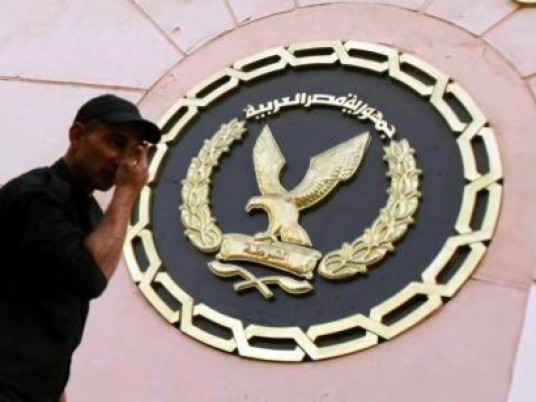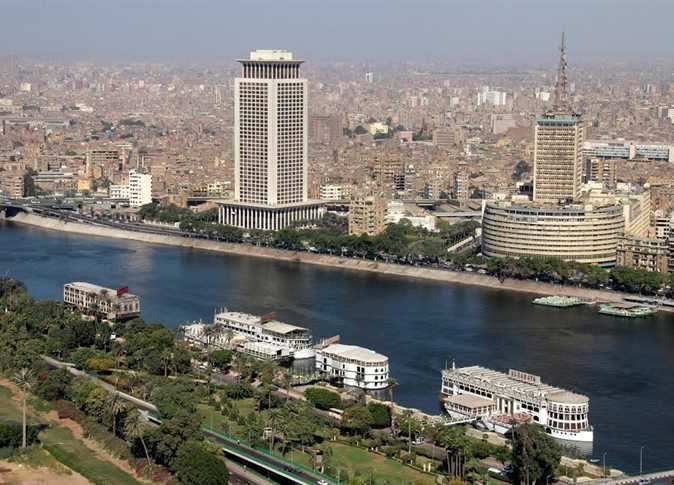As military police and Central Security Forces dragged a handful of activists out of Tahrir Square on 1 August, during the forcible disbursement of a three-week-long sit-in, a group of onlookers called the activists Israeli spies as they passed by, and one even attempted to spit on them.
Egypt’s military rulers, who have borrowed a page from the former regime’s playbook by calling dissidents foreign agents intent on destabilizing Egypt, have planted this kind of suspicion in activists. But the roots of paranoid xenophobia go back further than the Mubarak regime.
It can be traced through Egypt’s colonial history and subsequent self-definition as a post-colonial state. The concept of Egyptian nationalism is powerful, forged by events like the 1956 tripartite aggressions and other attempts to subvert Egypt’s sovereignty. The residual nationalist, anti-colonial sentiment has left the Egyptian population susceptible to discourse about foreign interference. These days, the discourse is being used against protesters and has led to numerous attacks not only against foreigners but also Egyptians, who are perceived to be funded by foreign elements, mainly protesters, activists and journalists.
This phenomenon has its roots in the military coup d’état of 1952, where ever since, there among “suspicion between Egyptians about who was with the change and who was against, and the culture has always been about creating the external enemy,” according to Nabil Abdel-Fatah, a sociologist with Al-Ahram Center for Political and Strategic Studies.
The Mubarak regime, its security forces and state media, always perceived groups that dealt with foreigners, such as NGOs, as treacherous. “This still exists because the armed forces and the ideologues in the media are still using the same rhetoric,” Abdel-Fatah says. “The pre-revolution rhetoric and the old ideas are still here.”
“They are ideas that are used to propagate fear, and that is an important strategy when you are trying to control a population, by telling them there is a foreign enemy intent on destroying them,” he said.
At the same time that Mubarak’s regime raised the specter of foreign interference, the government and military maintained especially close ties with the US and Israel, accepting billions of dollars in annual aid from the US while accusing anyone else who accepted a foreign check of being a traitor.
Mubarak was criticized during his final years in power for his close alignment with the US, a relationship which was perceived as not always being in the best interests of Egypt. However, while the regime nurtured such ties with allies, it continued to be highly critical of the US and Israel in state-run media.
This rhetoric does not square with Egypt’s vested interest in attracting foreign tourists. Tourism was the biggest source of revenue for the country, and the previous regime was content to accept foreign revenue as long as it remained an apolitical endeavor.
But it is not just a concern about foreign capitals plotting to subvert Egyptian sovereignty. Other cultural issues come into play, like religiosity and conceptions about the proper role of women, as Gwen Guesdon can attest.
Guesdon, a French national, has lived in Egypt for the past seven years. She was in Tahrir Square on the night of 29 June, a day after protesters had clashed with police forces. Before she knew it, she found herself in the middle of a mob after some people complained that she was smoking and inappropriately dressed.
She was told that she couldn’t smoke and that her shoulders were not covered. An Egyptian friend was with her and tried to fend off the crowd, which became increasingly agitated and surrounded them as they tried to move away. “I’m really respectful about the way I dress,” she said, “but what do clothes matter in the middle of fighting for your freedom? I heard someone say girls must leave Tahrir Square and another person wanted me to leave for being a foreigner.”
Yasmin Hamdoun, a photographer and fashion designer was there for the incident. “They said we couldn't smoke because we were women. We were surrounded and they kept chasing us. But it was the sellers and others standing in the square who did this, not the protesters.”
The incident involving Guesdon has other aspects imbued in it, such as the role of women in Egypt and the sexism that women can be subjected to in the streets. It also includes a link to traditional and religious facets of Egyptian society, which are also a reason why xenophobic rhetoric resonates with Egyptians, according to Abdel-Fatah.
“The presence of Islamic radicalism plays a part, as it is based on ethnocentrism which always places the other in the context of the enemy,” Abdel-Fatah said. “As the other becomes a devil, this is used by these groups as a strategy for political mobilization.”
The ruling armed forces – just as the Mubarak regime had done – are now adopting these fundamentalist ideologies. The deterioration in Egypt’s level of education over recent decades may also play a part, Abdel-Fatah said.
Increasing fear and suspicion will “erode political and social life and will prepare the climate for more oppression,” according to Abdel-Fatah.
There was, however, a happy turn of events for Guesdon when she returned to the square after the 8 July sit-in began. People were coming up to her and her friends, all non-Egyptians, to get their pictures taken with them because “they liked pictures with foreigners.”
Then she and her group decided to clean a specific area of the square. After they had finished, a man came up to them and said “Thank you for supporting us.” Another man offered cigarettes as an expression of gratitude, and she was offered one as well.




